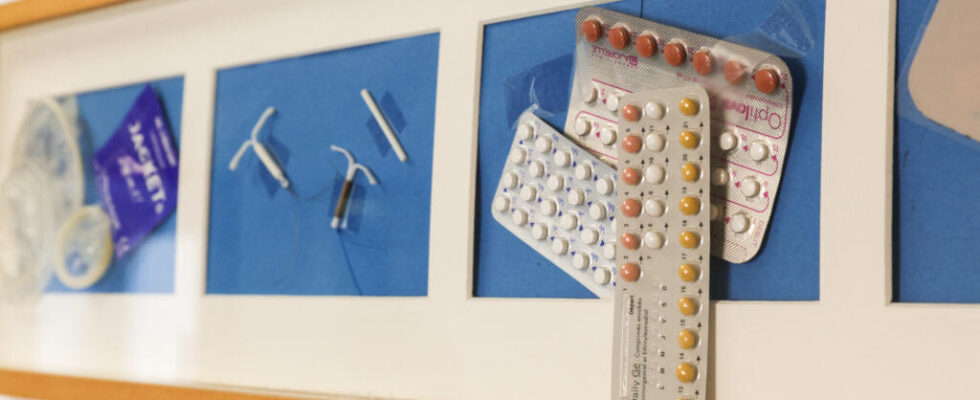It is a compulsory provision, provided for by the Aubry law of 2001: at least three annual sexuality education sessions must be given in schools, colleges and high schools. But many schools in France do not put them into practice.
It was the associations SOS Homophobia, Sidaction and Family Planning who filed a complaint this Thursday, March 2 against the State for non-compliance with the law.
For these associations, these annual sex education sessions are privileged places to talk about contraception, first times, consent, but also to inform about voluntary termination of pregnancy, menstruation or sexually transmitted diseases and infections. transmissible diseases (STIs). These three courses per year are done in small groups, with a teacher, the school nurse or an external speaker such as the SOS homophobia association, for example.
The increase in the number of sexual violence and LGBTphobia
Lucie Jomat, president of the SOS homophobia association, recalls that these courses have been compulsory for 20 years, but that not everyone benefits from them and that the lack of information among young people has serious consequences. ” We have more and more sexist and sexual violence, we have an increase in LGBTphobia but also in received ideas about STIs and HIV, she enumerates. This clearly shows us that if sexuality education courses were really taught, we would have a stagnation or a decrease. »
Two urgent needs to correct the situation: train teachers to speak out on these specific issues, and involve the associations concerned more. A solution which passes, as often in the National Education, by an increase in the financial means allocated to the establishments.
Today with @Sidaction And @SOShomophobia we launch our action #School case !
We have decided to take legal action to enforce the 2001 law, which provides for three annual sexuality education sessions for each student, from primary to high school.?⬇️ pic.twitter.com/atyObZSUaC
– Family Planning (@leplanning) March 2, 2023
► To listen also: Sexuality: how do young people get information?
